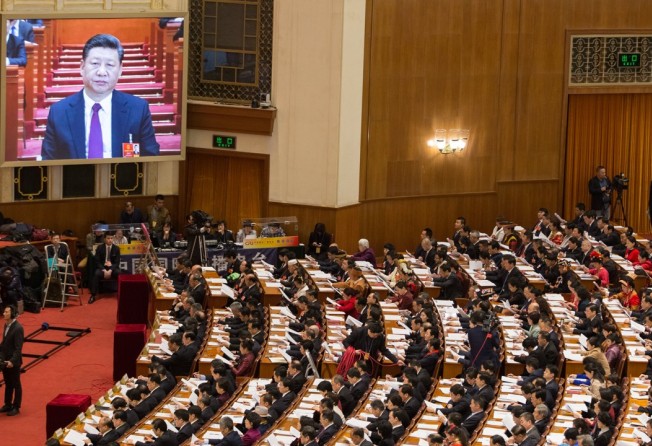China Briefing | Why China’s silence on Xi’s term limits move portends trouble
Forget the trade deficit – China’s trust deficit with the West threatens to do far more damage

“Urgent: Communist Party of China proposes change of constitution [regarding] Chinese president’s term”. In a fashion typical of news agencies, the English-language service of the state-run Xinhua dropped the bombshell announcement in the early afternoon of February 25, adding that the party leadership proposed to remove from the constitution the expression that “president and vice-president shall serve no more than two consecutive terms”.
The brief report in English came nearly two hours ahead of the release of the full report in Chinese of the proposed changes to the constitution.
Print option is available for subscribers only.
SUBSCRIBE NOW